KG BASIN TO COAL-GATE: NEO-LIBERALISM AND CORPORATE LOOT OF NATURAL RESOURCES
From 2G to the recent coal scam, the CAG has pointed out the same underlying problem – loss to the public exchequer due to a policy of handing over precious natural resources on a “first-come-first-serve” basis rather than being auctioned. Whether it is the 1.76 lakh crore (2G) or Rs 10.7 lakh crore in the coal scam, the CAG has pointed out absence of transparent auctions as the reason for massive losses.
The issue however is much deeper. The larger question is, can we arrest all “losses to the state exchequer” merely by auctioning off resources to the highest bidder? Can it be in the national interest to let private players use up and indiscriminately exhaust these precious resources as per their whims and fancies merely for private profits, robbing future generations of Indian people of these resources? Even if a resource like coal were to be auctioned off to a company, the state receives a one-time payment or some miniscule royalty, which is a pittance of the total profit that it finally makes from mining.
In the past few years, we have seen the oil and natural gas-rich Krishna Godavari (KG) basin been handed over to Reliance for private profiteering. A previous CAG report has exposed how a dubious “production sharing contract” was signed between the government and private petroleum operators, data on Reliance’s capital expenditure was deliberately fudged and inflated, private operators were allowed to sell oil at much higher rates than ONGC. Niira Radia tapes have also told us how the UPA and the “opposition” NDA happily colluded on the floor of the Parliament to award millions of rupees to Reliance as “retrospective” tax exemptions! herefore, the issue is NOT merely one of reverting to the “correct” policy of auctioning natural resources.
Post-independence, coal was recognised as a “national asset” which the state should manage, keeping in mind the interests of the “community”. Coal was thus nationalised – a process that began in 1971 and was completed in 1973. Soon afterwards however, the real project of “nationalisation” began to unravel. As early as 1976, a clause was introduced in the Coal Nationalisation Act to allow coal blocks to be allotted to private iron and steel (and in some limited cases, to private power companies too) for their captive consumption.
The ongoing process of privatising coal mining proceeded with great speed in the 1990s – the Coal Nationalisation Act was amended in 1993 to allow allotment of captive coal mining blocks to private power companies. Coal prices were deregulated by the Ministry of Coal, and in 1996, the MoC issued yet another notification allowing cement companies to acquire captive coal mining blocks.
And as the CAG report now exposes, between 2004-2009, coal mining blocks were handed out on a platter at a pittance to private companies who mine coal as and when they can make the most profits. When the issue of allotting coal blocks at ridiculously low rates became too difficult for the UPA to handle, they finally introduced the new MMDR Act 2011, which recommends auctioning of coal blocks.
Besides this hyper-active neo-liberal policy shift favouring corporate profits, we are also witnessing how the state machinery sits back and watches rampant violations and open loot of mineral resources by the politician-mafia nexus – from Bellary in Karnataka, to the coal belt in Chhattisgarh and MP, to mineral-rich areas in Odisha and Jharkhand.
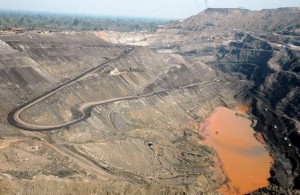 Also, this time around the PMO cannot even pretend (as it tried to do in the 2G scam) not to be involved. After all, coal ministry was directly under Prime Minister Manmohan Singh for long stretches during 2004-2009 when these dubious allocation of coal blocks took place and therefore complicit in this loss of resources. Several of the companies named in the draft CAG report that is causing such a furore are based in BJP-ruled Chhattisgarh. It is clear that after all the public sound and fury, the so-called “opposition” BJP will also willingly participate in a carefully orchestrated cover-up in order to hide the huge share they enjoy in this regime of corporate loot. So whether the so-called “opposition” NDA-BJP chooses to raise the issue or not, whether the CAG chooses to backtrack on its own draft estimates or not, the dubious nature of allocation of coal blocks and the obvious possibility of mega corruption involved in the process CANNOT be brushed under the carpet ANYMORE.
Also, this time around the PMO cannot even pretend (as it tried to do in the 2G scam) not to be involved. After all, coal ministry was directly under Prime Minister Manmohan Singh for long stretches during 2004-2009 when these dubious allocation of coal blocks took place and therefore complicit in this loss of resources. Several of the companies named in the draft CAG report that is causing such a furore are based in BJP-ruled Chhattisgarh. It is clear that after all the public sound and fury, the so-called “opposition” BJP will also willingly participate in a carefully orchestrated cover-up in order to hide the huge share they enjoy in this regime of corporate loot. So whether the so-called “opposition” NDA-BJP chooses to raise the issue or not, whether the CAG chooses to backtrack on its own draft estimates or not, the dubious nature of allocation of coal blocks and the obvious possibility of mega corruption involved in the process CANNOT be brushed under the carpet ANYMORE.
In designing a mineral policy for the entire country, it is important to ask: will state policy be decided by corporate profits, or by the larger interests of the people? In the case of an important resource like coal, why should public sector companies have to engage in cut-throat competition with the likes of the Jindals and the Tatas? Why should private companies be allotted captive coal mining blocks? Why can’t they simply purchase all the coal they require from Coal India, instead of acquiring coal blocks and then using them as speculative capital to profit from? The use of natural resources as tools for corporate profiteering must be put an end to.
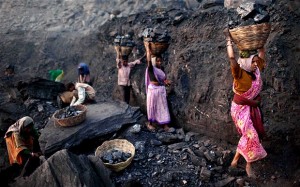
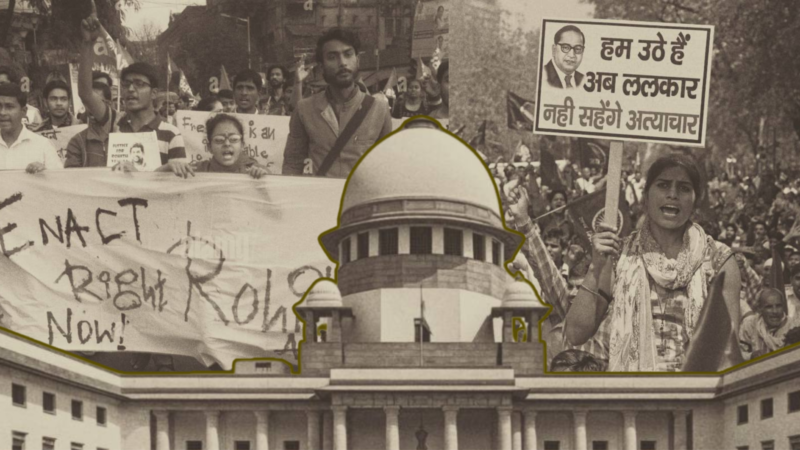

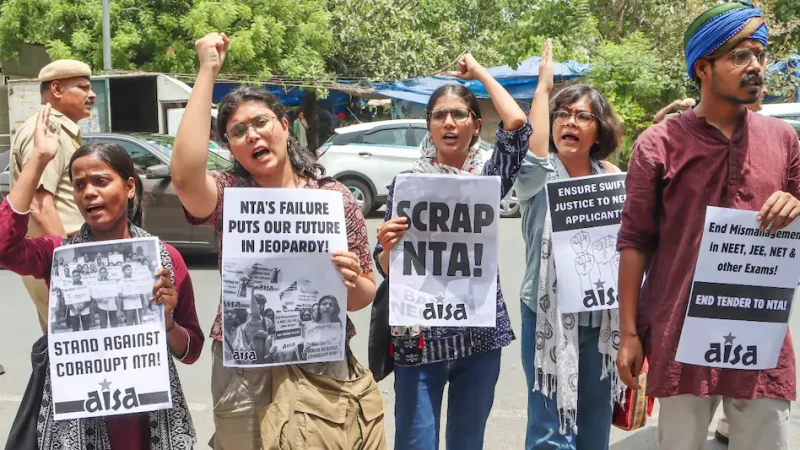
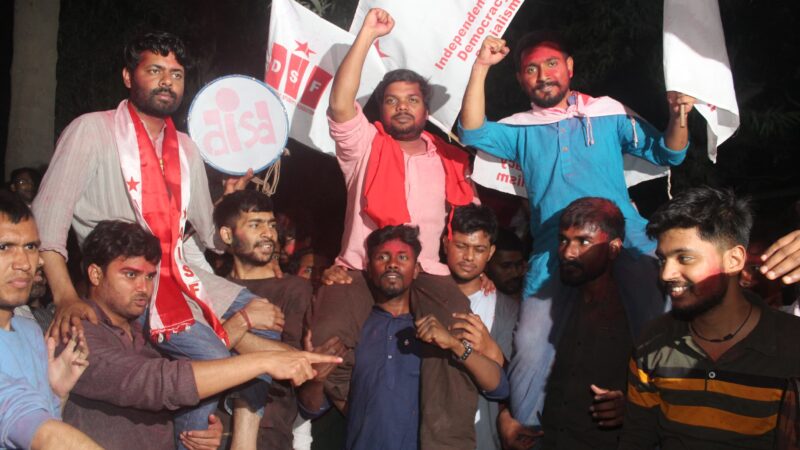
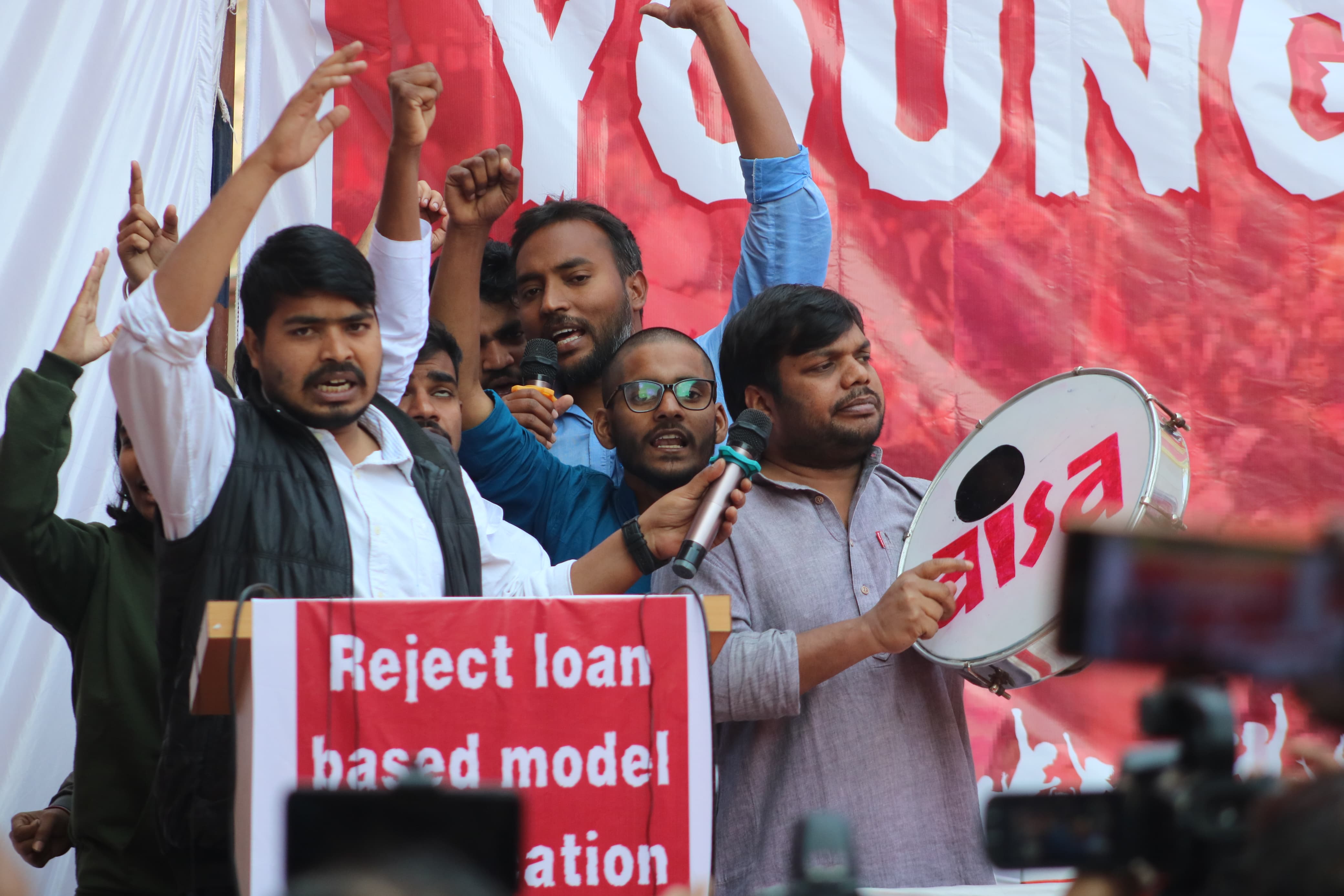
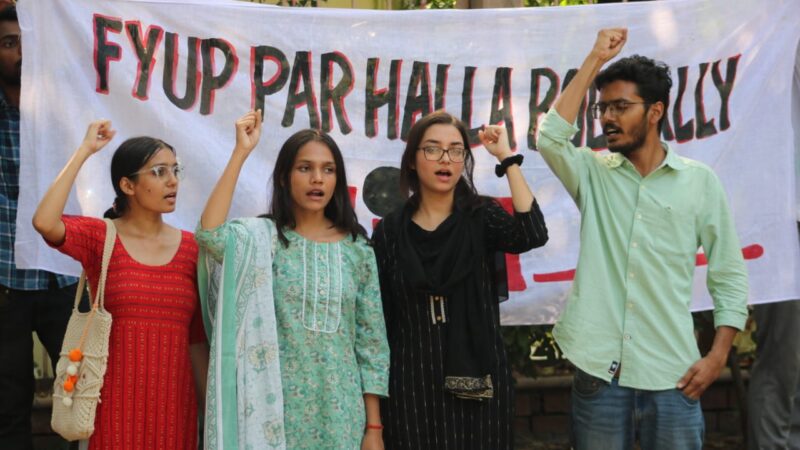
Hey just wanted to give you a quick heads up. The words in your article seem to
be running off the screen inn Firefox. I’m not sure if this is a format issue or something to do with browser compatibility but I figured I’d post to let you know.
The style and design look great though! Hope you get the issue solved soon.
Many thanks